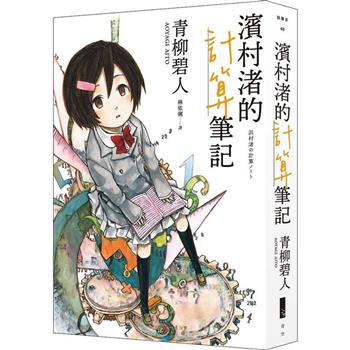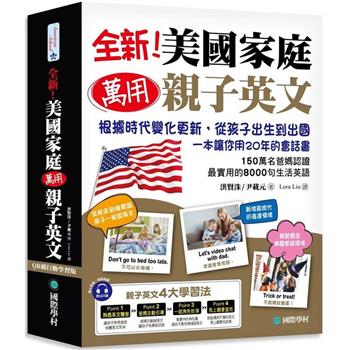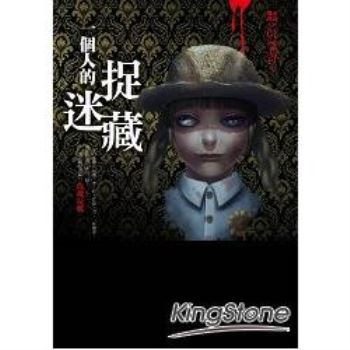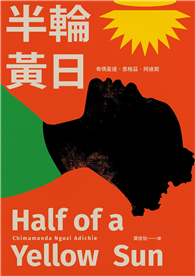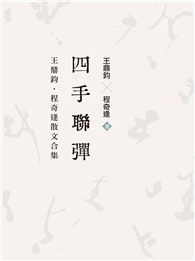COVID-19 saw the death of normalcy. At which point, perspective and proportion evaporated only to reveal the dawn of a new reality. However, outdoor exercise was prescribed during lockdowns and nature eased the transition of feral spirits. By comparison, during the year of this tale, 1651, Thomas Hobbes stated in his societal doctrine, Leviathan, "Life in the state of nature is solitary, nasty, brutish and short". However, the England of the seventeenth century suffered from a lethal mixture of religious extremism, civil wars and the ensuing societal uncertainty. Such toxic factors became intertwined and spawned an era of hysteria driven Witch Hunts.
Therefore, contrary to Hobbes’ theory, nature would have conceivably been the safest option to eschew the societal catastrophes woven into the 17th Century. Further, 1651 suffered the ongoing effects of a mini-ice-age, which attributed to the occurrence of famine and disease. These ingredients made for a cauldron, filled to the brim with diabolical misery for the British population at this time.
This tale discovers a young native of Somersetshire, Tizzy Greenham and her response to the aforementioned conditions. Although, it should be observed, this is not a children’s story but a story about a child, made concise within a day. Ultimately, Tizzy ascends the discombobulation attributed to such disastrous societal and planetary influences. The Prologue and Epilogue highlight the blights to humanity within the sixteen hundreds are still alarmingly prevalent on an international scale today. Furthermore, Witch Hunts still occur within less progressive countries. However, the Western culture is also guilty of savaging those who have fallen from grace, exemplified by the Cancel Culture. Whereas, to date, within rural East Asia, those accused of witchcraft are cancelled much in the same way.
Bearing these factors in mind, it was our ancestors who withstood the brunt of progression in this country, upon their knees if necessary. However, there are alarming similarities between the 17th and 21st Centuries, both at home and abroad. It is a reassurance to note, we have advanced as a nation to the point, we can tell the truth in this country, express its diversities and this is not only encouraged but valued. Freedom of mind is a given, whilst unfortunately, more dogmatic cultures still indoctrinate, persecute and barbarously execute perceived societal dissenters.
| FindBook |
有 1 項符合
The Mount of Frogs的圖書 |
 |
The Mount of Frogs 作者:Price 出版社:Austin Macauley 出版日期:2024-08-16 語言:英文 規格:平裝 / 176頁 / 20.32 x 12.7 x 1.22 cm / 普通級/ 初版 |
| 圖書館借閱 |
| 國家圖書館 | 全國圖書書目資訊網 | 國立公共資訊圖書館 | 電子書服務平台 | MetaCat 跨館整合查詢 |
| 臺北市立圖書館 | 新北市立圖書館 | 基隆市公共圖書館 | 桃園市立圖書館 | 新竹縣公共圖書館 |
| 苗栗縣立圖書館 | 臺中市立圖書館 | 彰化縣公共圖書館 | 南投縣文化局 | 雲林縣公共圖書館 |
| 嘉義縣圖書館 | 臺南市立圖書館 | 高雄市立圖書館 | 屏東縣公共圖書館 | 宜蘭縣公共圖書館 |
| 花蓮縣文化局 | 臺東縣文化處 |
|
|
圖書介紹 - 資料來源:博客來 評分:
圖書名稱:The Mount of Frogs
內容簡介
|
